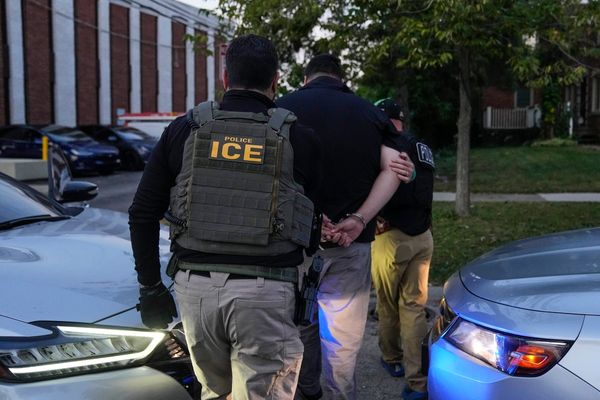
In a significant development in the legal proceedings against former President Donald Trump, a hearing took place in Florida relating to the handling of classified documents within the case. The unique nature of this hearing required special arrangements to accommodate the sensitive information involved.
The hearing, taking place in Miami, centered around the handling and preservation of classified documents in the case against Trump. The former president, accompanied by his legal team, entered the courtroom at around 9:10 AM. However, due to the classified nature of the documents, the proceedings were not held in a conventional setting.
To ensure the appropriate handling of classified information, a specialized room called a Sensitive Compartmented Information Facility (SCIF) was constructed specifically for this case at the Fort Pierce courthouse. This special facility was necessary since the courthouse did not possess one at the outset of the proceedings.
Amidst this complex situation, the co-defendants in the case were unable to attend the hearing. Without the required security clearances, their presence was not feasible. This emphasizes the impact that classified documents can have on legal proceedings, often leading to delays and complications.
Everyone involved in the case, including attorneys and the judge, is obligated to view the classified evidence within the SCIF. This requirement involves meticulous preparation, as the handling of classified information demands stringent protocols to maintain its confidentiality.
During the recent hearing, the focus was on discussing the best practices for handling and safeguarding the classified documents throughout the duration of the case. Crucial to the outcome of this matter, the conversation with Judge Aileen Cannon, appointed by Trump himself, addressed the imperative need to preserve the sensitive nature of the evidence.
Given the challenges posed by the classified documents, it is anticipated that the trial, currently scheduled for May, will be postponed. The intricacies and additional time required to address the issues surrounding the classified information are likely to necessitate an extension of the trial date.
As the legal saga involving former President Trump continues, the handling of classified documents adds a layer of complexity to the proceedings. Both the court and the legal teams involved must navigate these challenges to ensure the integrity of the case and protect the confidentiality of the classified information at hand.







